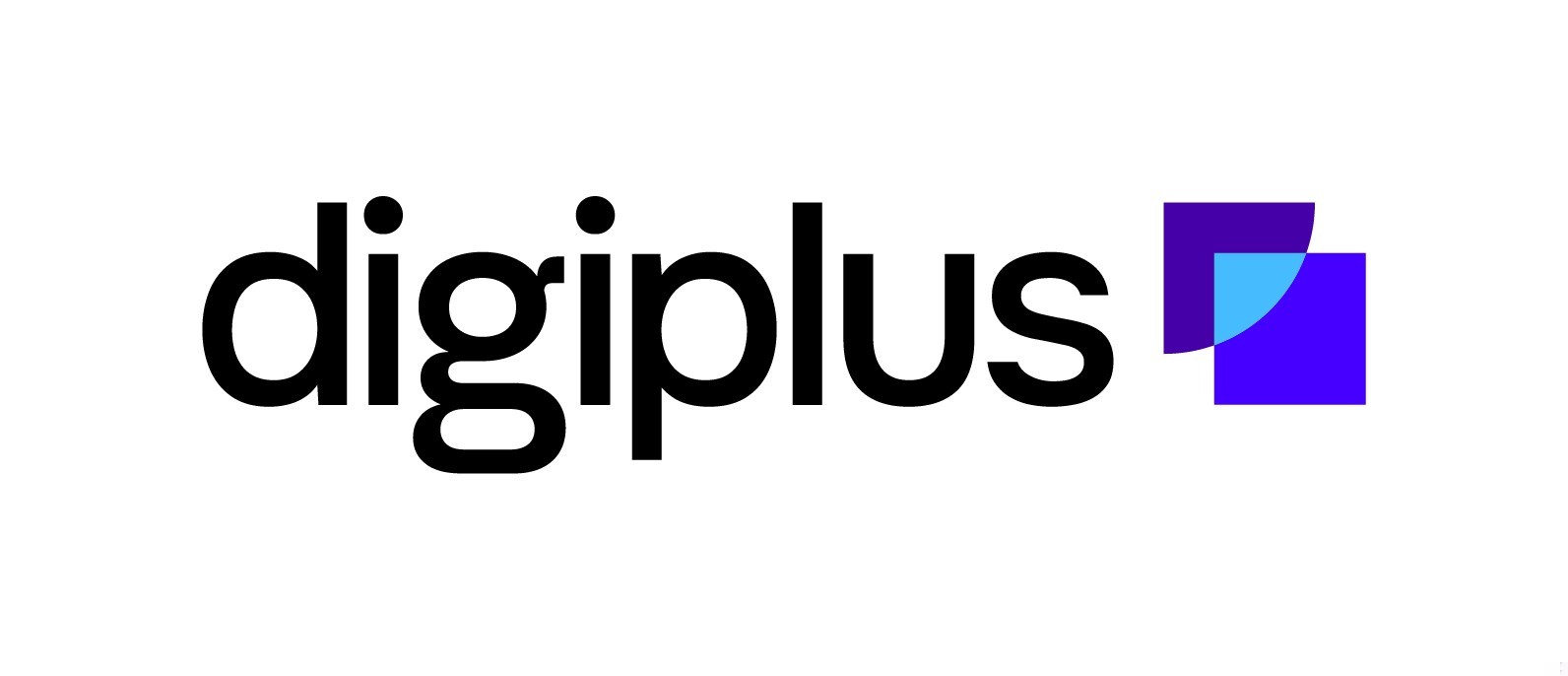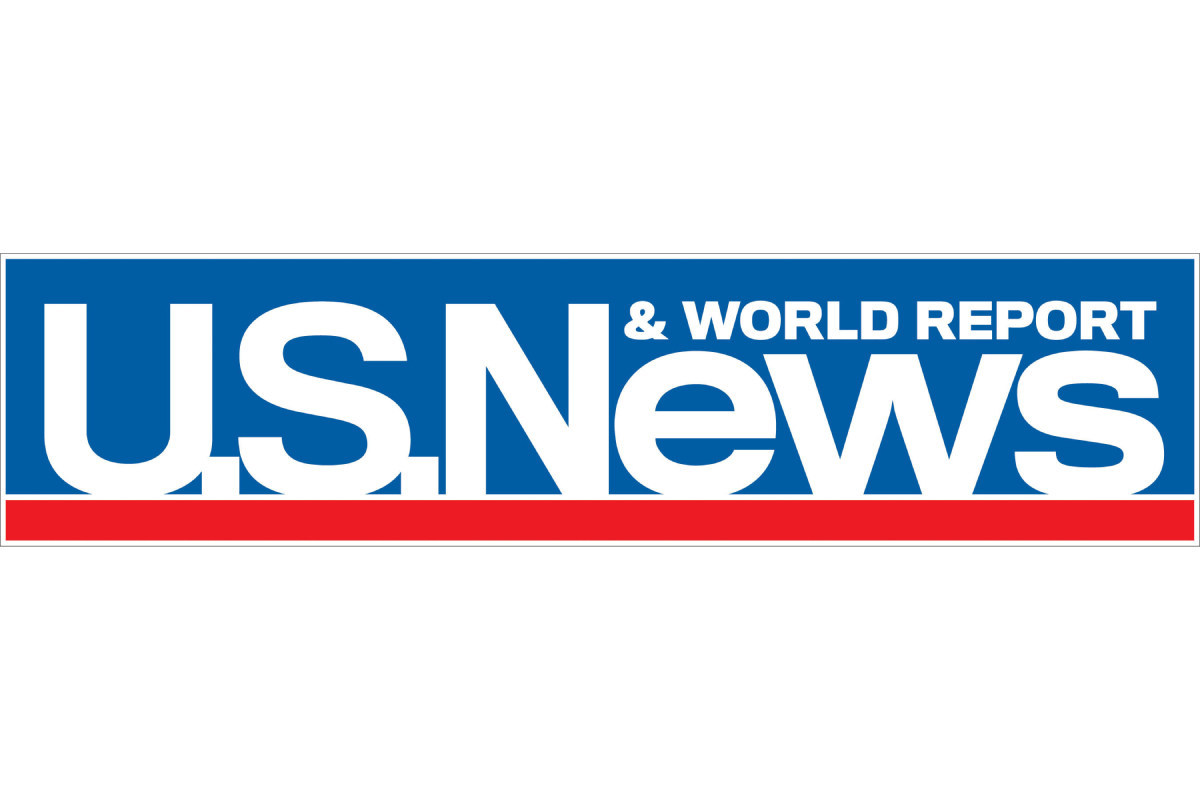The naira depreciated by 2.4 per cent and 2.6 per cent in March at both the Nigerian Autonomous Foreign Exchange Market window and the parallel market compared to the previous month.
According to the latest Afrinvest Monthly Market Report titled ‘Analysing Global and Nigerian Economies & Financial Markets’, the naira dropped to N1,536.82/$ and N1,530.00/1.

00 at the NAFEM window and parallel market, respectively. AIICO Capital, in its monthly macroeconomic market report in March, also confirmed that the naira came under a lot of demand pressure despite interventions by the Central Bank of Nigeria to the tune of $668.8m.
“The naira experienced significant depreciation in March 2025 due to persistent demand pressure in the (Nigerian) foreign exchange market. “Despite the Central Bank of Nigeria intervening with substantial dollar sales totalling $668.8m, the naira weakened by 2.
97 per cent m/m, closing at N1,536.82/$ from N1,492.49/$ at the start of the month,” stated AIICO Capital.
In the period under review, demand remained robust, particularly from foreign portfolio investors and local corporates. AIICO Capital said that the parallel market mirrored this trend, depreciating by about N43.50/$ to N1,536.
00/$. Although liquidity improved mid-month with CBN interventions, demand continued to outstrip supply. “In the final week, despite continued CBN dollar sales and a slight appreciation of 0.
5 0.5 bps, the naira remained under pressure. On a quarterly basis, the naira depreciated by 7 bps q/q at the NFEM window.
Meanwhile, external reserves fell by c.$110m to $38.31bn,” AIICO Capital further stated.
In terms of outlook, the investment house sees the CBN sustaining liquidity to stabilise the naira in the near term. “However, global risks—like US tariffs and retaliatory measures—may spur volatility and capital flight,” the report concluded. Already, the Central Bank of Nigeria has stated that the naira has felt the impact of the global macroeconomic shifts set by the new tariffs imposed by the US president, Donald Trump.
Related News US tariff: CBN intervenes with $197.71m as oil prices drop CBN’s $10.50m funding not loan but grant – World Bank Nigeria’s public debt hits N144.
67tn, up 48.58% YoY In a statement signed by the Director, Financial Markets Department, Omolara Duke, the apex bank stated that recent movements in the foreign exchange market between April 3 and 4, 2025, made it inject about $197.71m through sales to authorised dealers on Friday into the FX market.
The dollars sold between N1,519 and N1,595.20/$, according to analysts. “In line with its commitment to ensuring adequate liquidity and supporting orderly market functioning, the CBN facilitated market activity on Friday, April 4, 2025, with the provision of $197.
71m through sales to authorised dealers. This measured step aligns with the Bank’s broader objective of fostering a stable, transparent, and efficient foreign exchange market. “The CBN continues to monitor global and domestic market conditions and remains confident in the resilience of Nigeria’s foreign exchange framework, which is designed to adjust appropriately to evolving fundamentals.
All authorised dealers are reminded to adhere strictly to the principles outlined in the Nigeria FX Market Code and to uphold the highest standards in their dealings with clients and market counterparties,” Duke said. In the past week, the naira recorded heightened volatility at the interbank Nigerian Foreign Exchange Market. Early in the week, it remained relatively stable, trading between N1,525–N1,535/$ on the back of consistent CBN support and moderate offshore inflows.
However, by midweek, there was a sharp reversal as offshore demand surged, compounded by weakened oil prices following OPEC+’s supply hike and global risk-off sentiment driven by Trump’s tariff announcements. This led to strong FX demand pressure and limited supply, pushing the naira to as high as N1,570/$. Despite CBN’s intervention, the naira depreciated by 1.
97 per cent w/w to close at N1,567.02/$, and foreign reserves declined by $149m to $38.15bn.
Amid the external pressure on the naira, analysts at Afrinvest said the pressure may be compounded due to the stoppage of the naira-for-crude initiative. It was projected that with the end of the initiative, FX demand would shoot up, as refineries join the “FX-seeking queue while PMS importers source more products from abroad. Against this backdrop, we expect the naira to remain pressured near-term, barring any unforeseen shocks.
” Cardinalstone, in its macroeconomic update on Monday, also affirmed that the Nigerian FX market has been negatively affected by offshore investors’ flight to safety as increasing domestic dollar demand put pressure on the naira (1-month return of -8.6% and YtD of -5.8%).
“Some of the concerns relate to the risk of the government not meeting its revenue target and the higher deficit that could imply. Speaking to this risk, crude production declined to c. 1.
67 mbpd in February (vs. 1.74 1.
74mbpd in January) amidst the material contraction in oil price (down by 14.2% YtD),” CardinalStone said. Commenting on the global ripple effects, former Zenith Bank chief economist Marcel Okeke warned that the Trump-led tariff war could trigger inflation globally, with Nigeria particularly vulnerable due to its import dependence.
“We’re likely to see an uptick in imported inflation,” he said..
Business

Naira shed 2.6% in March despite $668m CBN intervention

The naira depreciated by 2.4 per cent and 2.6 per cent in March at both the Nigerian Autonomous Foreign Exchange Market window and the parallel market compared to the previous month. According to the latest Afrinvest Monthly Market Report titled ‘Analysing Global and Nigerian Economies & Financial Markets’, the naira dropped to N1,536.82/$ and N1,530.00/1.00 Read More















